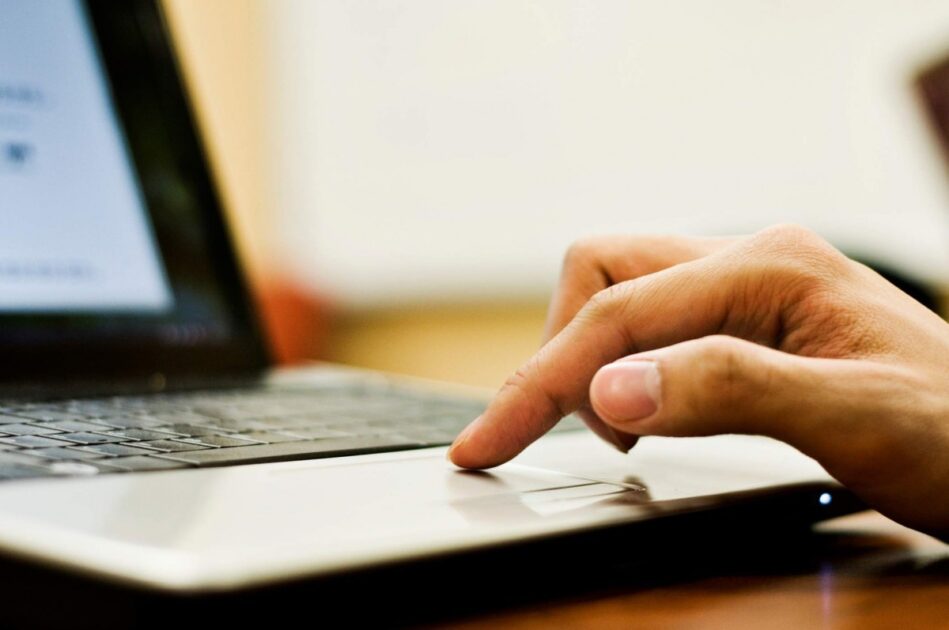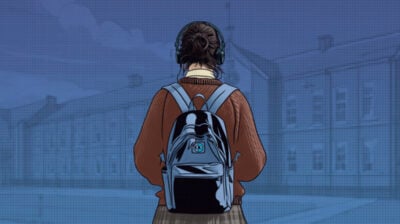Are you oversharing online?
What are the issues with putting too much info online

Can you name every single one of your Twitter followers? Would you recognise your Facebook friends if you saw them in public? It’s okay if you can’t: technology isn’t evil, and the ways that we use social media are constantly changing. But it is good to be aware that you may not know everyone who follows you, because, if you’re an oversharer, it could come back to bite you.
What is oversharing?
Oversharing online is when you or someone you know posts personal information, posts all the time, or really just gives out too much information about themselves. It sort of falls into two categories: everyday oversharing, and dangerous oversharing. Everyday oversharing is usually harmless, if potentially annoying. It includes things like:
- photos of every single thing you eat
- details about your life or relationships
- posting constantly
- posting about the same thing over and over again
Dangerous oversharing is another matter, and it may seem harmless, but this is the one that could get you. Here are some examples of posts that could be dangerous:
- posting your full date of birth, address, phone number, or photos of an ID
- announcing vacations or dates that you’ll be away from home
- showing you or friends being irresponsible
- leaving your settings on “public” or “friends of friends”
Why do we overshare?
Lots of reasons.
You’re in the moment
Often, if you share something you’ll regret, you’re doing it because it just happened, and you haven’t had time to cool off. Your emotions are taking over, and you’re only thinking about what you’re feeling.
You forget that there are people out there
Once you post that status or tweet, it’s really easy to forget just how many people might read it. Because the only interaction you’ve had is with your computer or phone, it’s hard to gauge people’s reactions, responses, or feelings about your post.
You feel pressured
A lot of times social media can feel like a competition, and if you’re feeling behind, you want to fix that. Your friends are having a great time on vacation, so naturally you want to show them up; situations like that are really common, and it’s hard not to want to prove yourself online.
Why is oversharing bad?
Again, oversharing can range from just sort of annoying to personally threatening. Here are some of the risks:
Offending someone
Yes: ultimately, it is your social media platform, and you can do whatever you want with it. At the same time, people don’t have to agree with what you post, and you should think carefully before you post something really controversial, because that someone might be someone close to you without you realizing it.
Ruining a relationship
Family members, friends, and romantic partners can all see what you’re up to on social media, and they could well see something they don’t like. Relationships can be fragile, and using social media to broadcast too much of your personal business can let people into your relationships who don’t belong.
Hurting job prospects
Most employers these days are doing checks on social media before they’re making calls on hiring people, and if they see something that’s unprofessional—or even something they may disagree with—it could hurt your chances at the job.
Legal trouble
Law enforcement, government departments, and school officials, too, are all usually watching social media, and that picture of you and your underage friend with drinks last weekend could get you both in trouble. Other examples could be if your taxes and your social media posts tell different stories, or if you release business information before it’s public knowledge.
Illegal trouble
Alternatively, if you post any personal information, it could fall into the wrong hands very easily. Checking into vacation spots, for example, could tell a burglar that your house is empty; posting your date of birth or phone number and things like that could also lead to trouble.
What can you do?
Think twice
This is the biggest thing you can do. If you’re feeling emotional, take a second, ask yourself why you’re posting, who’s going to see your post, and how they could react to it. Would you say it to a room full of people?
Adjust your privacy settings
It will also help you to make sure you control who sees what you do post. Facebook’s safest setting is always “friends only” and in general shoot for as much privacy as you can get. You can also hide certain posts from certain people, if you don’t think your grandmother needs to see what you do on Friday nights.
It’s on you
Again: social media is a great tool, and it’s yours, and you’re absolutely free to post what you want. But, because it is your social media account, you have to take responsibility for what you post. The internet has a long memory; have fun, but be smart.






